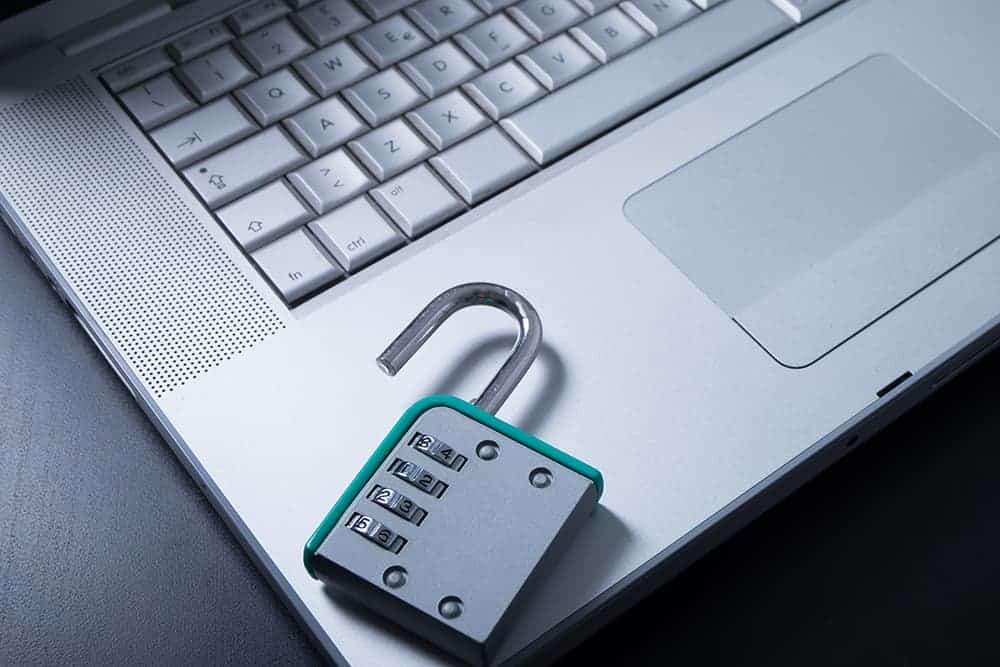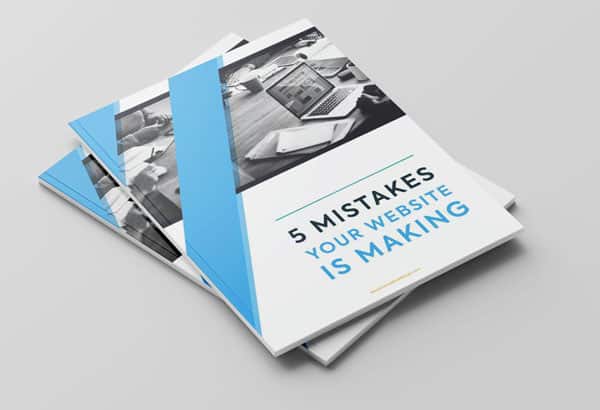2018 was supposed to be a breakthrough year in cyber-security with the General Data Protection Regulation (GDPR). The GDPR is a regulation under the European Union’s (EU) Data Protection Law.
The objective of the GDPR is to provide safety, protection, and to maintain the privacy of data of individuals residing in the EU and the European Economic Area or EEA. The GDPR also takes into account the export of data outside the confines of the EU and EEA.
Yet, despite the implementation of the GDPR, many businesses and private individuals continue to become victims of cyber-criminals. During the first half of 2018, it was estimated that more than 4.5 Billion confidential information was lost to data breaches.
Among the biggest names among the list of cyber-crime victims included Marriott Starwood Hotels, MyFitnessPal, Quora, Cathay Pacific, British Airways, and Google. In addition, we found out that not even our online communities – our favorite social media platforms – were safe.
Social media giant Facebook had over 29 million of its private user information stolen.
To make matters worse, it was revealed that in 2015, 87 million Facebook users had their personal information compromised after a personality predictive app passed on their data to Cambridge Analytica, an analytics firm that figured prominently in then-Presidential hopeful Donald Trump’s campaign.
Why Is It More Important To Secure Your Data In 2019?
It is more important to secure your data in 2019 because cyber-criminals will be more aggressive and daring. They know businesses are too focused on improving sales and streamlining costs that data security has become an afterthought.
Ask yourself the following questions:
- Does your website have a regular webmaster or developer who can run frequent audits?
- Have you updated plug-ins and remove programs that you hardly use?
- Have you changed your password?
- Is your website covered by SSL or Secure Sockets Layer certificates?
- Have you updated your website’s content and features?
If your answer to all or even just one of these questions is “No”, then your website is vulnerable to hacking and other forms of malicious cyber-attacks.
Always keep in mind that the Internet is made up of over a billion lines of code. These billion lines of code make data accessible to any cyber-criminal because they connect all systems on the Internet.
Cyber-criminals can and will use these lines of code to connect to your website and steal all of your data. All the criminals have to do is find openings that they can exploit.
Old and unused plug-ins, outdated antivirus programs and data protection systems, and the lack of any high-level data encryption program are just the openings the cyber-criminals are looking for.
It’s like a homeowner who leaves his house keys under the welcome mat or under the flower pot that is nearest the door. These are the first places thieves will look into before they break into your house and steal your possessions.
Taking a lackadaisical approach to cyber-security is that last thing you should do for your business. It is when you let your guard down that you become just another statistic – another victim of cyber-criminals.
6 Basic Steps To Take In Order To Safeguard Your Data
Keeping your website and other online accounts protected can be done by following a checklist of basic safety measures. Here are the 6 steps you can take to feel more secure about the integrity of your personal information:
1. Change Your Passwords Frequently
The password is the key to your website and other online platforms. If someone gets ahold of your password, that person can get inside your account and steal whatever data he/she can find.
However, unlike the key to your home or your office which can remain the same until its natural end, the same cannot be said about your Internet-based accounts. That said, people don’t like to change their passwords. In the first place, it is very hard to keep track of passwords.
According to a survey conducted by Keeper Security, 87% of respondents aged 18 to 30 reuse their passwords. The number is only slightly lower for those aged 31 and up at 81%.
This means for nearly nine out of 10 people, they use the same password for all of their online accounts. Thus, the cyber-criminal only needs to figure out one password to open all of the person’s assets.
Another eye-popping and head- scratching statistic is that 76% of respondents make a written record of their password!
It is absolutely important to change your passwords frequently. 60% of the respondents in the survey, claim to change their passwords every 60 days. If you can change them every month, so much the better.
The best way to keep track of your password is to use a Password Manager software program. You can read up on the benefits of a Password Manager in our article, “Why You Need A Password Manager Now”.
Lastly, give your password some thought before confirming it. Once you have a password in mind, run it through a program like How Secure Is My Password to have an idea of how fast a hacker can decipher it.
2. Get SSL Certificates For Your Website
SSL stands for Secure Sockets Layer. This is an encryption program that protects your data as it moves from browser to server.
It used to be the case that SSL certificates were only essential for e-commerce or online retailer websites because this type of website collects financial information such as credit card and bank account numbers.
Not anymore. Since last year, Google has included the SSL certificate as part of its search engine ranking factor. You can tell if a website is covered by an SSL certificate by looking at the URL. It is preceded by “https” instead of “http”.
Under Google’s new directive, all websites must be covered by an SSL certificate. Failure to do so will receive a warning from Google in the form of 2 words in your URL:
Not Secure.
Would you want to enter a website that is marked “Not Secure” by Google? At the very least, it would discourage the visitor from exploring the website further.
We have written extensively about the importance of having an SSL certificate for your website. A good resource is our article, “SSL Basics: Why You Need It To Protect Your Website From Hackers”.
If you want to secure your website with an SSL certificate, give us a call. We can do this for you. In fact, it is one of the services Mountaintop Web Design provides.

3. Schedule a Website Audit
As we mentioned earlier in this article, cyber-criminals can enter your website by exploiting its weak points. The most popular points of entry to your website are the outdated plugins and the programs that are hardly being used.
If you are using WordPress, you should be getting frequent reminders on which plugins can be updated. From our experience working with clients, these reminders can easily be overlooked because of their busy schedules.
This is the reason we wrote the article, “Extreme WordPress Care Plans: Why You Need Them And What We Can Do For You”.
We understand how hectic your daily schedule must be. It is possible that managing your website is not one of your core competencies. Even if it is, as a business owner, your time is best spent managing the core functions of your enterprise.
By signing up with one of our Extreme WordPress care plans, you will leave the responsibility of managing and auditing your website to us.
We will run frequent audits on your website to make sure the plug-ins are current and updated. We will give you professional, numbers-supported advice on which programs should be removed from your website.
If for some reason your website gets hacked, we will take care of it. For sure, you can sleep better knowing that your data has been backed up.
4. Patronize Only Trusted Sources
If curiosity can kill the cat, it can most certainly get your website compromised. The rule is simple. If you find yourself on a suspicious-looking website, don’t take any chances. Get out.
Sometimes, you will get a preliminary warning. The screen will turn red and a warning that the website is not secure and someone may be trying to steal your data will appear. When this happens, get out.
If you are doing research, patronize only websites that are generally considered trusted sources.
Your email can also be targeted by another brand of cyber-criminals. These are the cyber-criminals who like to go on phishing expeditions.
If you come across an email from an unknown source, delete it right away. The email may contain a link that when clicked, exposes your information to immediate theft. Definitely, do not click suspicious emails that have landed in your Spam folder.
5. Remove/Delete All Cookies
Cookies are programs that websites use so that you can have a better browsing experience. While most of these cookies are harmless, they can be used to get personal data such as browsing activity, lifestyle, and spending habits which the website owner will use to create its user profile.
As such, it is possible for cookies to secure highly-sensitive information about you and your clients.
Thus, to keep your PC or mobile device secure, make it a point to delete all stored cookies. You can do this directly from Chrome or use a software program that is designed to remove all cookies.
It is good practice to remove all cookies from your computer before calling it a night.
6. Keep Your Devices Separate and Distinct
If you use your PC for work, use your mobile device when transacting with banks and other online platforms that require confidential information.
Is it tedious? For some, yes. You may prefer to use just one computer for work and for storing financial information.
However, every little layer of security that you can add to your current data protection system will go a long way in ensuring the integrity of your accounts or website.
Conclusion
Data protection should be the priority of every business that uses the Internet in 2019 and beyond. The cyber-criminal is relentless. He/she will stop at nothing to get your assets.
The cyber-criminal feels no remorse and is not concerned with your present status in life. He/she is focused only on feeding his/her greed and will destroy your life’s work whenever the opportunity arises.
If you are concerned about the safety and integrity of your website, take our offer of a free 30-minute consultation. We will take you through the process of how Mountaintop Web Design can secure your website and other online platforms.






